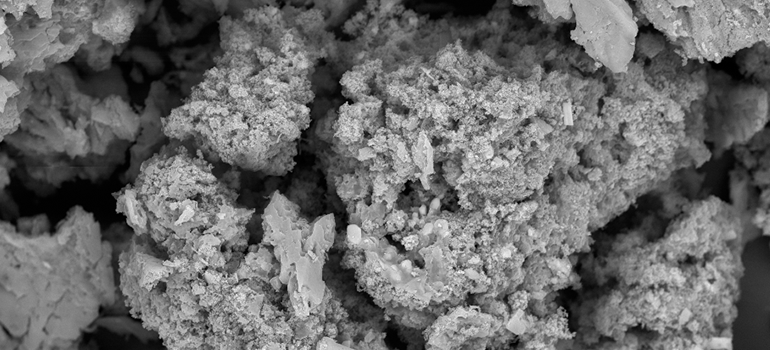Researchers at the Okanagan Campus of the University of British Columbia are enhancing the effectiveness of a wastewater treatment process known as “struvite precipitation”. Struvite is a naturally occurring mineral that is can be formed in the urinary tract of animals and humans when their organs produce too much ammonia.

In a recently published paper, researchers at the UBC Bioreactor Technology Group documented a method of struvite precipitation that can be used to remove recalcitrant particles that may otherwise end up in the receiving environment.
Typically, struvite precipitation is used to treat and recover reactive phosphate from wastewater. The recovery of phosphorus from wastewater signifies a closed loop in what is otherwise an unsustainable extraction of limited global phosphate resources.
The research aims to enhance the struvite precipitation process to recover phosphate and eliminate difficult to degrade nutrients to prevent excess algae blooms in the Okanagan Lake. Persistent nutrients can be a barrier to implementation of beneficial technologies such as anaerobic digestion. The struvite precipitation technology demonstrated at the UBC Bioreactor Technology Group has been developed as the decision makers at Kelowna consider Anaerobic Digestion.
Recalcitrant constituents can become a barrier to implementing beneficial technologies such as anaerobic digestion into a wastewater treatment plant that has delicate discharge permits. The struvite precipitation technology demonstrated at the UBC Bioreactor Technology Group has been developed as the decision makers at Kelowna consider Anaerobic Digestion.
Marco Denee, a graduate from the School of Engineering and the paper’s lead author says: “Due to population growth in the Okanagan, we are producing excessive amounts of biosolids and our regional composting facility is approaching capacity. Anaerobic Digestion can solve this problem, but we have to be prepared to solve the problems that come with Anaerobic Digestion.”
The UBC Bioreactor Technology Group continues to collaborate with various levels of government, industry and researchers to advance the field of waste reduction and resource recovery.
The paper was published in Water Research, the Journal of International Water Association.
This research was made possible by an NSERC ENGAGE grant and with collaboration from the Kelowna Wastewater Treatment Facility.